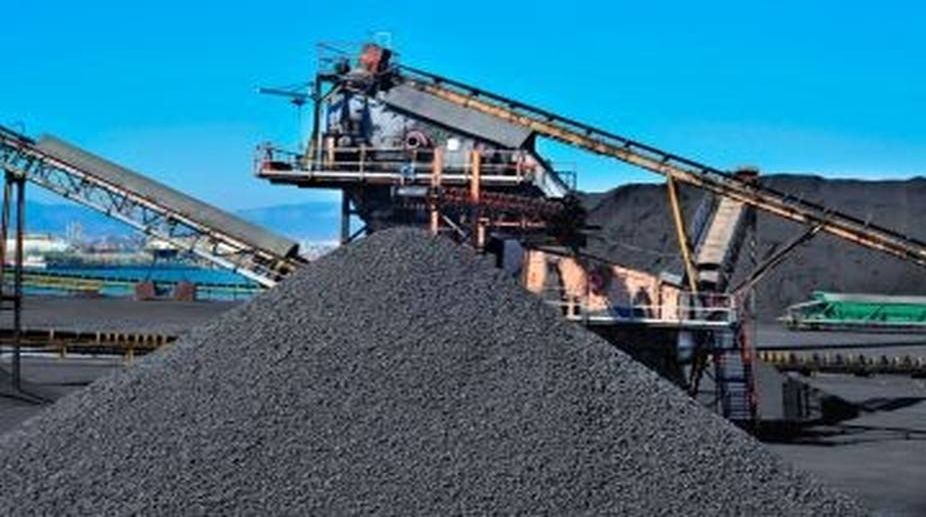Coal, as a primary source of energy, will continue for some more time in India and its demand in the non-regulated sector is expected to be higher than the regulated sector like power, a study said.
“Coal to continue enjoying demand for some more time in India: Even in the most adverse scenario, as of 2Q17 (second quarter), it appears that the demand for coal in India, as a source of primary energy, shall expand until 2030 and perhaps beyond,” said the study – ‘Coal Vision 2030’.
Overall coal demand is estimated to be 900-1,000 mtpa (million tonnes per annum) by 2020 and 1,300-1,900 mtpa by 2030.
“..the estimated growth in coal demand from non-regulated sector at 6 per cent CAGR (compound annual growth rate) up to 2030 is higher than the estimated demand growth in the regulated sector (3 per cent CAGR). However, the regulated sector will continue to be the largest coal consumer with two third contribution,” the document said.
This will require a reconsideration of priority (lack of) of coal dispatch and pricing to non-regulated sector, it added.
Coal India Limited (CIL) has commissioned the study to assess the future demand scenarios for the coal sector in India up to 2030.
By 2030, of the overall coal demand, thermal coal demand is estimated to be 1,150-1,750 mtpa and the balance is coking coal demand.
“The coking coal demand from the sector is estimated to increase to 140-160 mtpa by 2030 as against the current demand level of 60-70 mtpa. In absence of material growth in domestic coking coal supply, steel sector will be increasingly exposed to vagaries of international coal market,” it said.
This would warrant the increased focus on optimisation of existing coking coal reserve in India, implementation of Jharia Action Plan and acquisition of international coking coal assets by coal public sector undertakings, it added.











